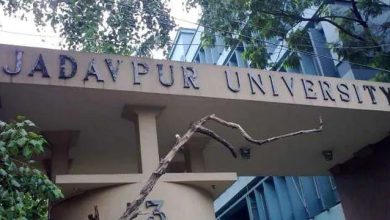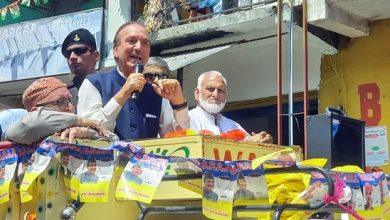Must take India’s growth to double digits, PM Narendra Modi tells states

NEW DELHI: PM Narendra Modi asked states to set ambitious growth targets for their economies, saying the world expected India to become a $5 trillion economy even as he emphasised on the need to reach welfare schemes to the last beneficiary.
The PM’s exhortation at the meeting of the Niti Aayog governing council on Sunday came even as he yet again touched on the need for simultaneous elections to states and Lok Sabha, as this would ensure saving in costs and provide a break from a cycle of elections that takes away from governance due to long periods of the code of conduct, which restricts decision making, being in force.
The PM advised states to pay special attention to expanding their exports and attracting export oriented investments while organising investment summits.
Speaking later, Aayog vice-chairman Rajiv Kumar said there was a consensus that the population 2011 census would remain the key benchmark for devolution of funds. This was significant in the light of concerns expressed by some southern states that their better population control would disadvantage them. It was pointed out that meeting such goals would be given due weightage.
Niti Aayog CEO Amitabh Kant said, “The crux of the PM’s address was that we need to focus and transform backward blocks, backward districts, backward regions and identify the ‘last people in the line’ so that benefits of governance can reach them.”
Noting that the economy had grown at a healthy 7.7 per cent in the fourth quarter of 2017-18, Modi said the “challenge now is to take this growth rate to double digits, for which many more steps have to be taken”. He said the government’s guiding principle of “sabka saath, sabka vikas” meant that schemes were no longer limited to certain people and were reaching everyone without discrimination.
The PM urged CMs that on the lines of the 115 aspirational districts identified, states could define their own parameters to identify 20 per cent of the states’ blocks as aspirational (backward) blocks.





